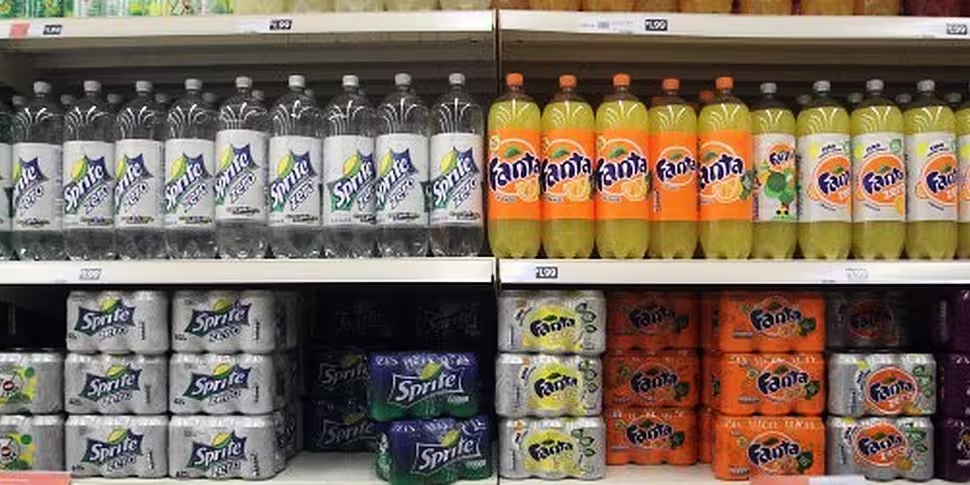Updated: 17.30
The Ministers for Finance and Health, Paschal Donohoe and Simon Harris, have welcomed a European Commission finding which has cleared the way for a tax on sugar sweetened drinks.
It found the proposals do not unduly distort competition, and do not involve State aid.
This will see the commencement of the Sugar-Sweetened Drinks Tax on May 1st, 2018.
In particular, the commission said the scope and design of the the measures are "consistent with the health objectives pursued by Ireland" - namely tackling obesity and other sugar related diseases.
In February, Ireland told the commission of its plans to introduce a sugar tax that did not involve any State aid within the meaning of EU rules.
What is in the tax?
The tax will apply to soft drinks containing added sugar with a sugar content of five grams or more.
There are two rates of tax: the first rate of 20 cents per litre applying to drinks with five grams or more but less than eight grams per 100 millilitres.
The second rate of 30 cents per litre will apply to liable drinks with eight grams or more of added sugar per 100 millilitres.
Pure fruit juices are not subject to the tax.
File photo
However, once sugar is added to pure fruit juice, the entire sugar content becomes liable.
Dairy products are outside the scope of the tax.
In its assessment, the European Commission found that soft drinks can be treated differently to other sugary products in view of health objectives.
For example, it took into account the fact that soft drinks are the main source of calories devoid of any nutritional value - and thereby raise particular health issues.
It also concluded that soft drinks are "particularly liable" to lead to over-consumption and represent a higher risk of obesity.
On this basis, the commission found that the scope of the Irish sugar sweetened drinks tax, and its overall design, are consistent with the health objectives pursued and does not unduly distort competition.
"An important signal"
Minister Donohoe said: "The Department of Health recommended the introduction of a tax on sugar-sweetened drinks to help reduce rates of overweight and obesity in Ireland.
"The sugar-sweetened drinks tax is an important signal to industry to reformulate their products to reduce the sugar content offered to consumers.
"From the consumer perspective, the imposition of a financial barrier on sugar sweetened drinks will result in reduced consumption by incentivising individuals to opt for healthier drinks.
Minister Harris added: "This is significant and positive news and represents major progress under Healthy Ireland towards tackling obesity.
"With one-in-four children on the island of Ireland either overweight or obese, this tax is one of a range of measures that can help change parents’ and children’s behaviour."
The total current market for soft drinks and fruit juices in Ireland is in the region of €513m per year, with the average household spending €291 per annum on soft drinks.
Business group IBEC estimates that the imposition of a tax on sugar sweetened drinks would raise €100m per annum.










